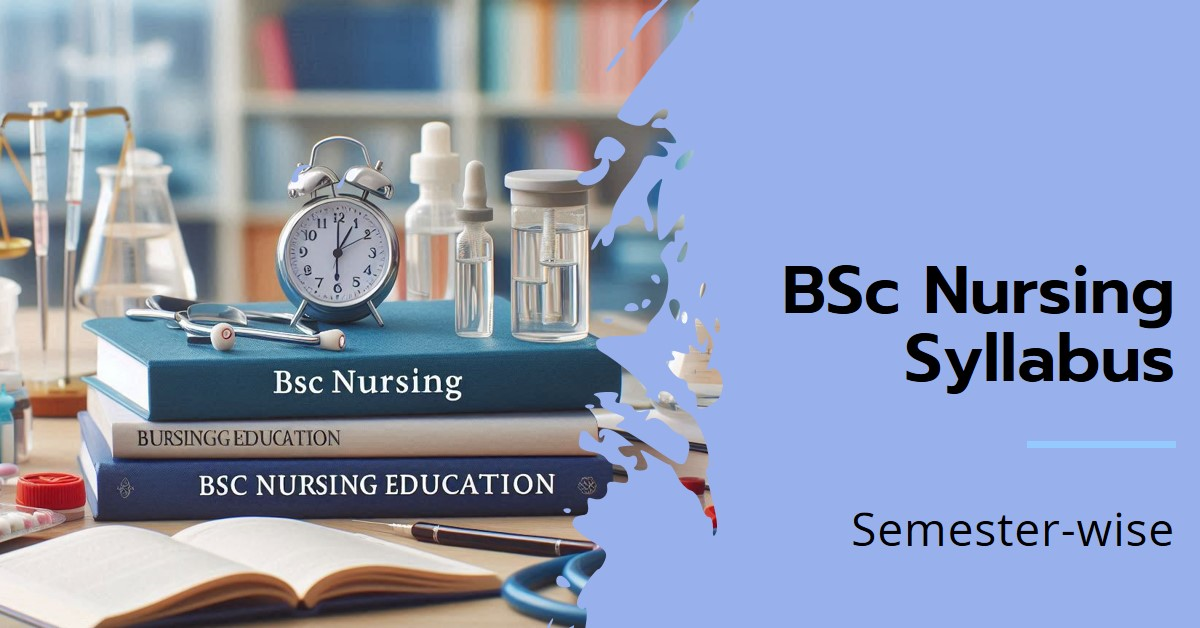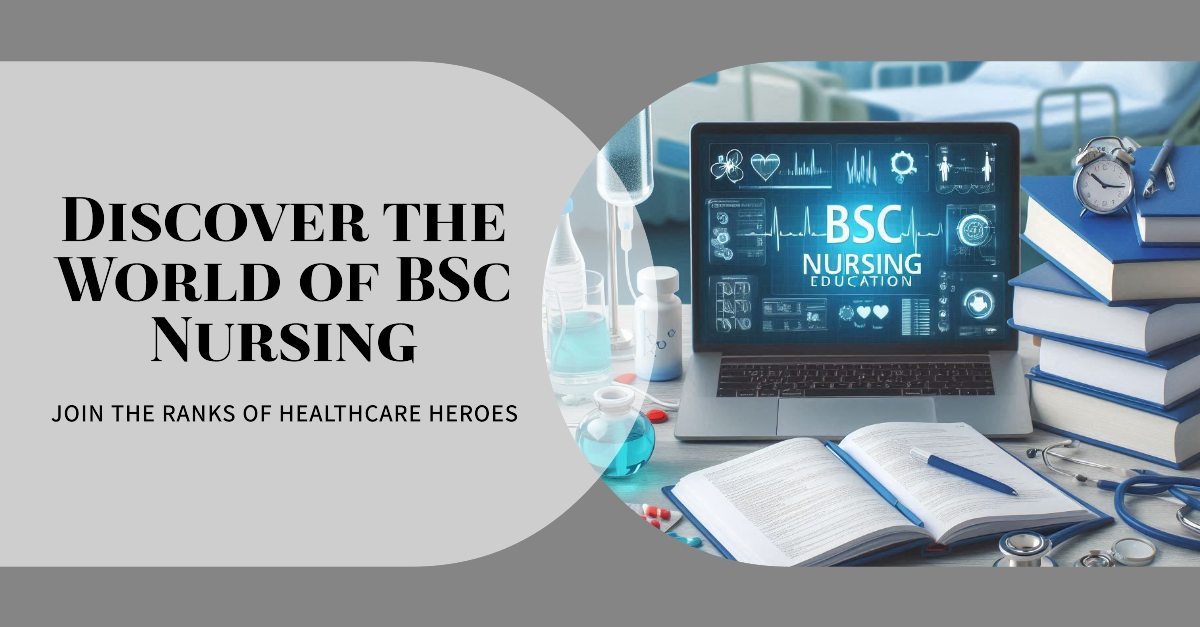The Master of Science in Nursing (MSN) is a graduate-level degree that prepares registered nurses (RNs) for advanced clinical practice, leadership roles, and specialized areas of nursing.
As healthcare evolves and becomes more complex, the demand for highly educated and skilled nurses has never been greater.
This article explores the Master of Science in Nursing program’s structure, benefits, specializations, and its impact on nursing practice and healthcare delivery.
Understanding the Master of Science in Nursing (MSN) Degree
What is a Master of Science in Nursing (MSN)?
An MSc Nursing (MSN) is a graduate degree that builds upon the foundational knowledge gained in a Bachelor of Science in Nursing (BSN) program.
It typically requires 30 to 50 credit hours and can be completed in two years of full-time study or longer for part-time students.
MSN programs are designed to equip nurses with advanced clinical skills, research capabilities, leadership acumen, and the ability to influence healthcare policy.
Core Curriculum
The curriculum for an MSN program often includes a mix of theoretical and practical courses. Core subjects may encompass:
- Advanced Pathophysiology: Understanding complex disease processes and their implications for nursing care.
- Advanced Pharmacology: In-depth study of pharmacological agents and their effects on patient care.
- Health Assessment: Enhancing skills in physical examination and health history taking.
- Nursing Theory: Exploring various theories that underpin nursing practice and their application in real-world settings.
- Research Methods: Training in qualitative and quantitative research methods to critically evaluate and apply evidence-based practice.
In addition to core courses, students often engage in clinical practicums or internships, allowing them to apply theoretical knowledge in real-world settings.
Duration of MSc nursing
The duration of MSN programs can vary based on several factors, including program structure and an individual’s prior education. Generally, it takes 2 years in India, and sometime takes about 1.5 to 3 years to complete an MSN, depending on whether the student is enrolled full-time or part-time.
Coursework is typically enhanced by clinical practice hours and projects designed for applying learned methodologies in real-world settings.
Specializations within the MSc Nursing
A Master of Science in Nursing (MSc Nursing) degree typically offers several streams or specializations that allow students to focus on specific areas of nursing practice.
Here are some common streams available in MSc Nursing programs:
1. Nurse Practitioner (NP) Stream
- Prepares nurses to provide primary and specialized care.
- Focus on advanced assessment, diagnosis, and treatment of patients.
- Emphasis on clinical skills, patient management, and health promotion.
2. Clinical Nurse Specialist (CNS) Stream
- Focuses on advanced clinical practice within a specialty area (e.g., cardiology, oncology, neurosurgery, neurology).
- Emphasizes leadership in patient care and quality improvement.
- Involves patient education and evidence-based practice initiatives.
3. Nurse Educator Stream
- Prepares nurses for teaching roles in academic or clinical settings.
- Focus on curriculum development, instructional strategies, and assessment methods.
- Includes educational theory and the practice of mentoring students.
4. Nurse Administrator Stream
- Focuses on healthcare management and leadership.
- Emphasizes organizational theory, financial management, and quality assurance.
- Prepares nurses for administrative roles in healthcare settings.
5. Nurse Midwife Stream
- Prepares nurses to provide comprehensive care for women, including prenatal, labor, and postpartum care.
- Focus on normal childbirth and women’s reproductive health.
- Emphasis on patient-centered care and education.
6. Nurse Informatics Stream
- Combines nursing science with information technology.
- Focus on data management, health information systems, and improving patient care through technology.
- Emphasizes the role of informatics in healthcare decision-making.
7. Public Health Nursing Stream
- Focuses on community health and population-based care.
- Emphasizes health promotion, disease prevention, and public policy.
- Involves working with diverse populations and addressing health disparities.
8. Pediatric Nursing Stream
- Specializes in the care of infants, children, and adolescents.
- Focus on developmental assessments, family-centred care, and paediatric conditions.
- Emphasizes collaboration with families and interdisciplinary teams.
9. Mental Health Nursing Stream
- Prepares nurses to work with individuals experiencing mental health issues.
- Focus on therapeutic communication, psychiatric assessment, and treatment planning.
- Emphasizes holistic approaches to mental health care.
The streams available in an MSc Nursing program allow nursing professionals to tailor their education to their career goals and interests.
Each specialization provides a unique set of skills and knowledge, preparing graduates to meet the diverse needs of patients and healthcare systems.
Whether aspiring to work directly with patients, educate future nurses, or lead healthcare organizations, an MScN offers pathways to advance nursing practice and improve patient care.
Benefits of Earning a Master of Science in Nursing (MSN)
Career Advancement
An MSN opens the door to numerous advanced career opportunities. Nurses with this degree often assume leadership roles, work in specialized areas of practice, or transition into academic roles.
The advanced training and knowledge gained through an MSN program position nurses for higher salaries and increased job responsibilities.
Enhanced Skills and Knowledge
The rigorous curriculum of an MSN program provides nurses with a deeper understanding of complex health issues, research methodologies, and leadership strategies.
This advanced knowledge enables them to provide high-quality, evidence-based care and to make informed decisions in clinical settings.
Greater Job Opportunities
The healthcare industry is increasingly recognizing the value of advanced education. Many healthcare organizations prefer or require an MSN for advanced practice roles.
The demand for Nurse Practitioners, Clinical Nurse Specialists, and Nurse Educators continues to grow, reflecting the need for highly trained professionals to meet diverse patient needs.
Impact on Patient Care
Nurses with an MSN are often at the forefront of improving patient care. They are equipped to implement evidence-based practices, lead healthcare teams, and influence policies that enhance patient outcomes.
Their advanced training allows them to provide more comprehensive care, addressing both physical and psychosocial aspects of health.
The Role of MSN Graduates in Healthcare
Leadership and Management
MSN graduates often take on leadership roles in healthcare settings, influencing policies, procedures, and practices. Their training in management and organizational behaviour equips them to lead teams, manage budgets, and drive quality improvement initiatives.
Education and Mentorship
Many MSN graduates become educators, sharing their knowledge and expertise with nursing students and colleagues. They play a crucial role in shaping the next generation of nurses, fostering a culture of learning and professional development.
Research and Evidence-Based Practice
With a strong foundation in research methods, MSN graduates contribute to the advancement of nursing science. They engage in research projects, disseminate findings, and apply evidence-based practices to improve patient care and healthcare delivery.
Policy Advocacy
MSN graduates are well-positioned to advocate for policies that promote health equity, access to care, and improved healthcare systems.
Their understanding of both clinical practice and the healthcare environment enables them to influence decision-makers and contribute to meaningful change.
Challenges and Considerations
While pursuing an MSN can be rewarding, it is not without challenges. The rigorous curriculum demands significant time and effort, which can be challenging for working nurses.
Balancing work, study, and personal commitments requires strong time management skills and support from family and employers.
Moreover, the financial investment in graduate education can be a consideration for many aspiring MSN students. However, various scholarships, grants, and employer-sponsored programs can help alleviate some of the financial burdens.
Conclusion
The Master of Science in Nursing (MSN) is more than just an advanced degree; it is a gateway to transforming nursing practice and improving patient care. As healthcare continues to evolve, the need for well-educated, skilled nurses will only grow.
An MSN not only enhances a nurse’s knowledge and skills but also empowers them to take on leadership roles, influence policy, and make a significant impact on the health of individuals and communities.
For nurses looking to advance their careers, specializing in areas of interest, or simply seeking to improve their practice, the MSN program offers a compelling path forward.
With its focus on advanced clinical skills, leadership, and research, the MSN equips nurses to meet the challenges of modern healthcare and to thrive in an increasingly complex environment.
Whether aiming to become a Nurse Practitioner, Nurse Educator, or a leader in healthcare administration, the MSN provides the foundation for a fulfilling and impactful career in nursing.





One thought on “Master of Science in Nursing (MSN): A Pathway to Advanced Nursing Practice”